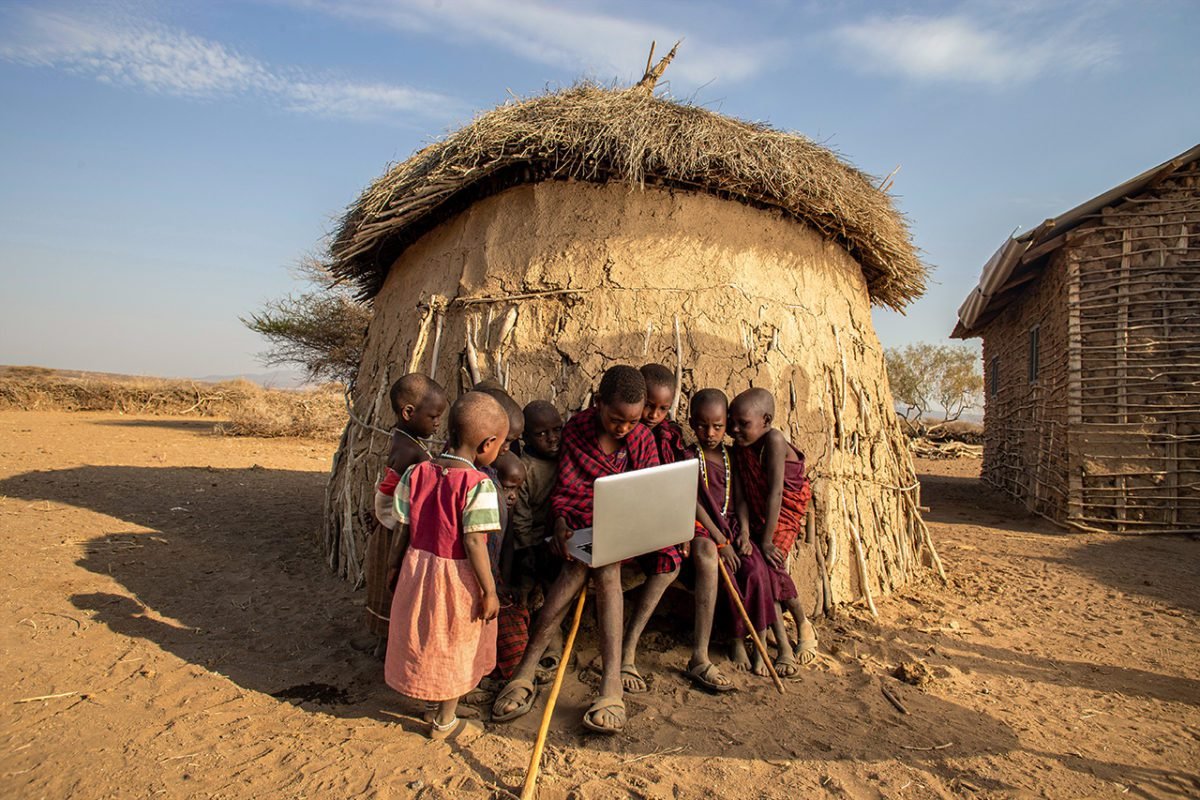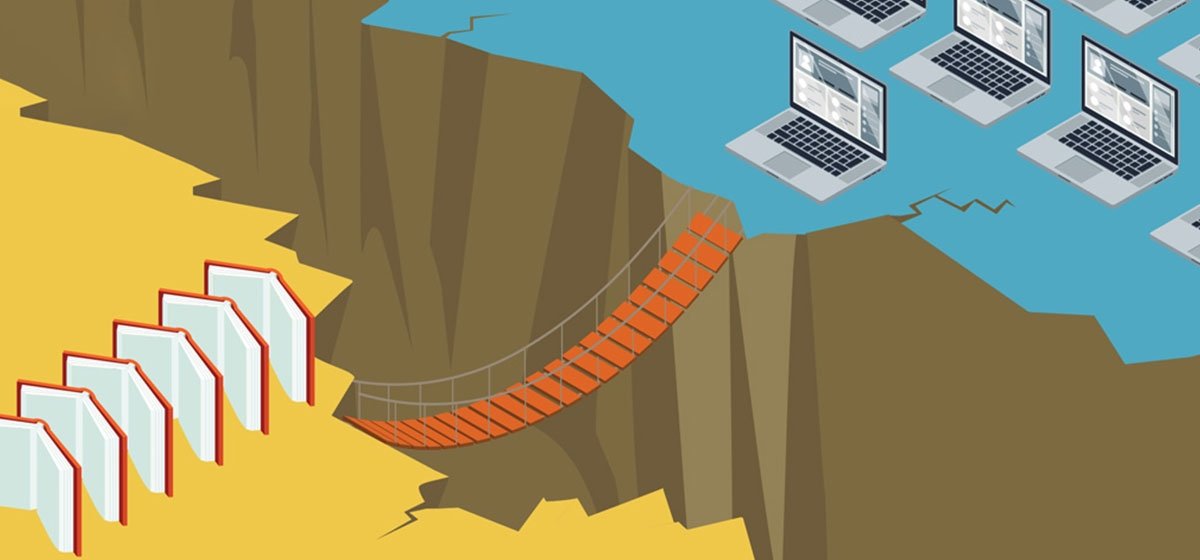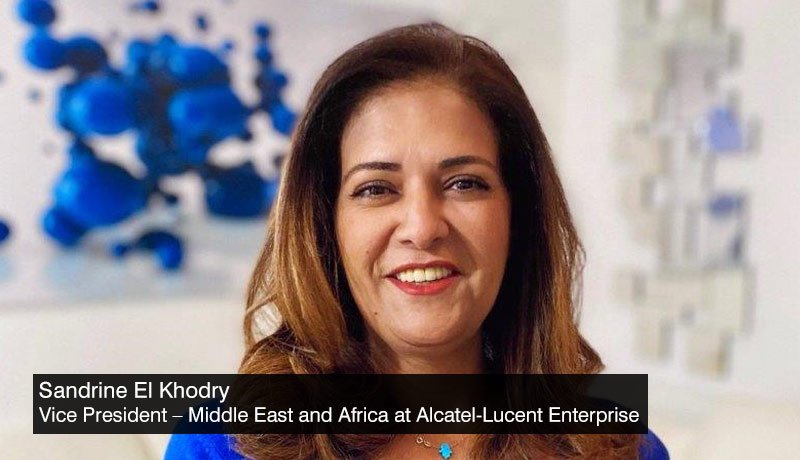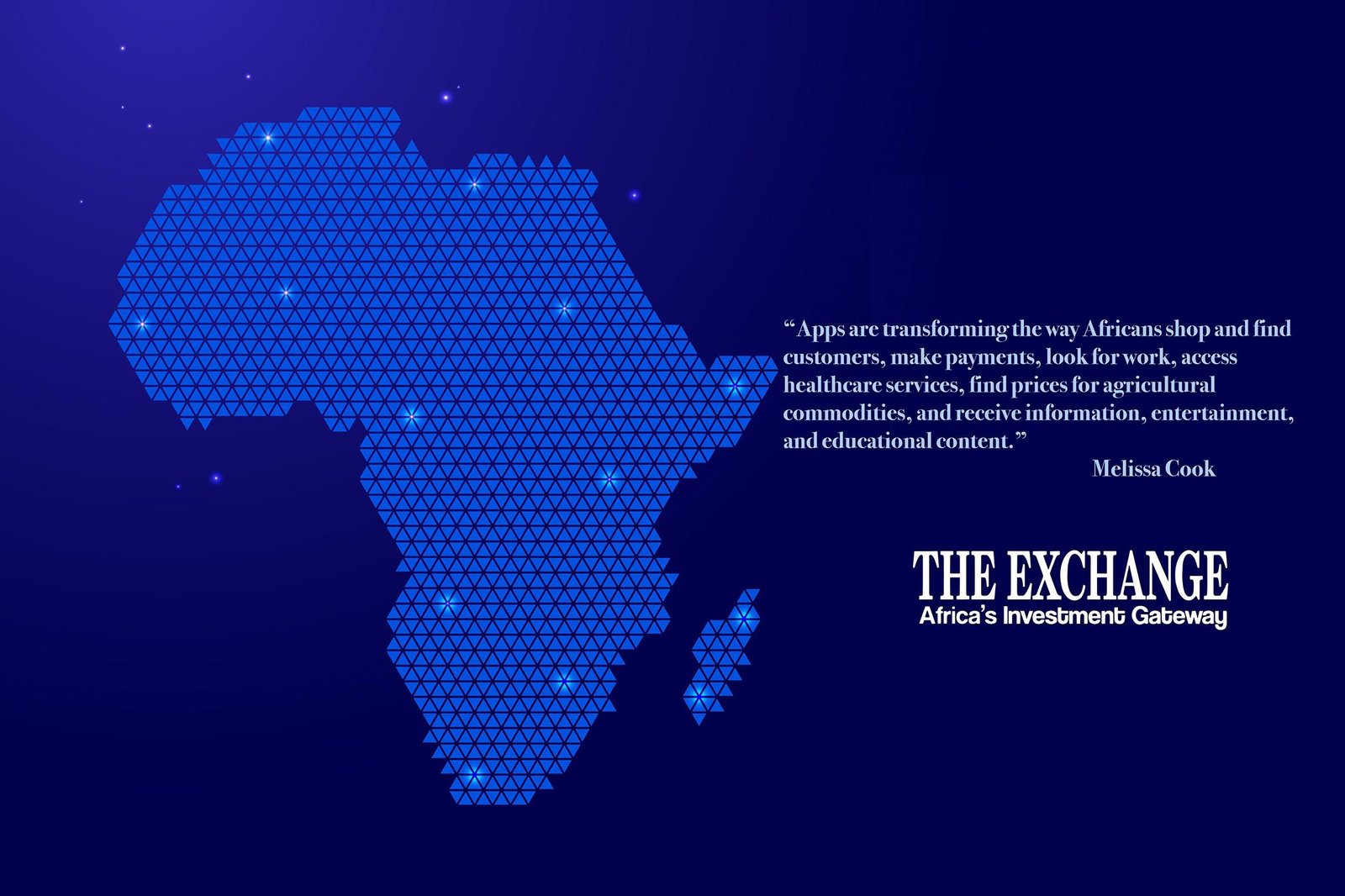Bridging the Digital Divide: How Tech Is Connecting Rural Africa

Executive Summary

The digital divide is a pressing issue in rural Africa, where access to technology and the internet remains limited. However, technological advancements are offering innovative solutions to bridge this gap and connect rural communities to the transformative power of the digital world. This article explores how technology is playing a pivotal role in bridging the digital divide in rural Africa.

Introduction
For decades, rural Africa has faced significant challenges in accessing technology and the internet. Lack of infrastructure, high costs, and limited digital literacy have hindered the adoption of digital tools in these regions. However, the rapid development of mobile technology, affordable internet services, and innovative community-led initiatives are changing this landscape.
FAQs
- Why is bridging the digital divide in rural Africa important?
Access to technology can transform lives by improving education, healthcare, economic opportunities, and social inclusion in rural communities.
- What are the main challenges to bridging the digital divide in rural Africa?
Lack of infrastructure, high costs, and limited digital literacy pose major barriers to internet connectivity in rural regions.
- How is technology being used to address these challenges?
Mobile technology, community-based internet sharing, and government initiatives are among the innovative solutions being implemented to increase internet accessibility.
Subtopics and Descriptions
1. Mobile Technology for Rural Connectivity
Mobile phones have become ubiquitous in rural Africa, providing a gateway to the internet and digital services.
- Low-cost smartphones: Affordable smartphones have made it easier for rural populations to access the internet.
- Mobile internet connectivity: Mobile networks are expanding their reach into rural areas, providing internet coverage to remote communities.
- Mobile applications: Mobile apps designed for rural contexts offer tailored content and services.
2. Community-Based Internet Sharing
Community-led initiatives are playing a crucial role in sharing internet access in rural areas.
- Community Wi-Fi: Local communities are setting up Wi-Fi hotspots to provide shared internet connectivity.
- Internet kiosks: Community centers and schools are establishing internet kiosks to provide public access to computers and the internet.
- Community-owned networks: Rural communities are establishing their own telecommunications networks to ensure sustainability.
3. Government Initiatives for Rural Connectivity
Governments are recognizing the importance of bridging the digital divide and are implementing initiatives to support rural connectivity.
- Subsidized internet access: Governments are providing subsidies to reduce the cost of internet access in rural areas.
- Infrastructure expansion: Governments are investing in expanding broadband infrastructure to reach remote communities.
- Digital literacy programs: Governments are conducting digital literacy programs to improve the knowledge and skills of rural populations.
4. Remote Education and Healthcare
Technology is enabling remote access to education and healthcare in rural areas.
- Online learning platforms: Online platforms are providing access to educational resources for students in remote areas.
- Telemedicine: Telemedicine services are connecting rural patients with healthcare professionals.
- Community health apps: Mobile apps are providing health information and support to rural communities.
5. Economic Empowerment and Entrepreneurship
Technology is fostering economic opportunities and entrepreneurship in rural Africa.
- E-commerce: Rural businesses are using e-commerce platforms to reach wider markets.
- Mobile banking: Mobile banking services are enabling financial inclusion and access to funds for rural populations.
- Digital skills training: Training programs are equipping rural communities with digital skills to enhance their employability.
Conclusion
Bridging the digital divide in rural Africa is essential for inclusive development and progress. Technology is proving to be a powerful tool in connecting rural communities, empowering them with access to information, education, healthcare, economic opportunities, and social inclusion. As governments, organizations, and communities continue to collaborate and implement innovative solutions, the digital divide will continue to narrow, transforming the lives of people in rural Africa.
Keyword Tags:
- Digital divide
- Rural Africa
- Tech for development
- Internet connectivity
- Economic empowerment






